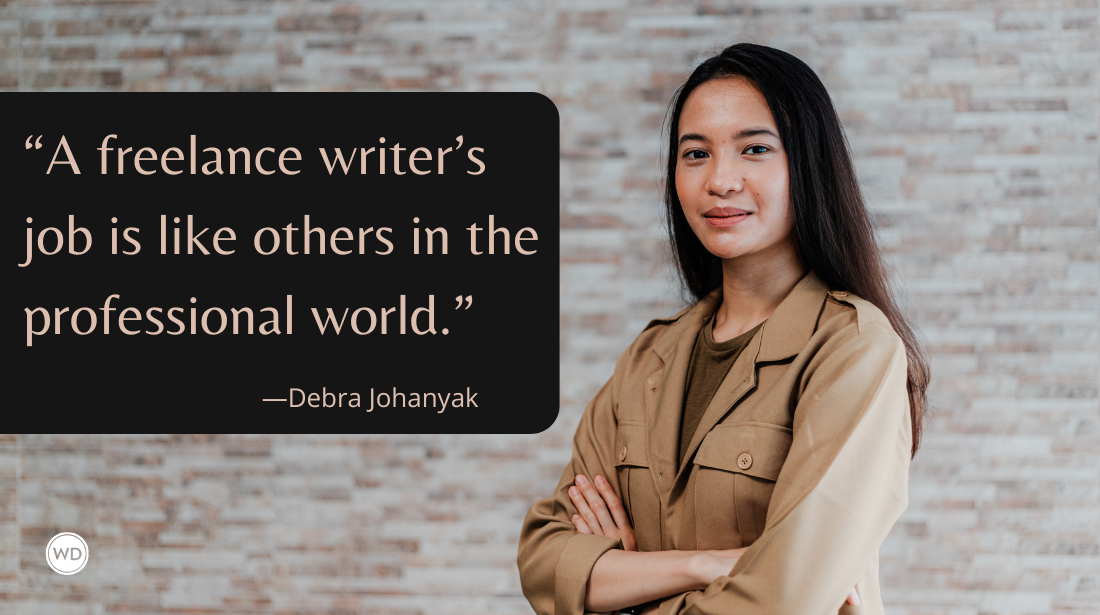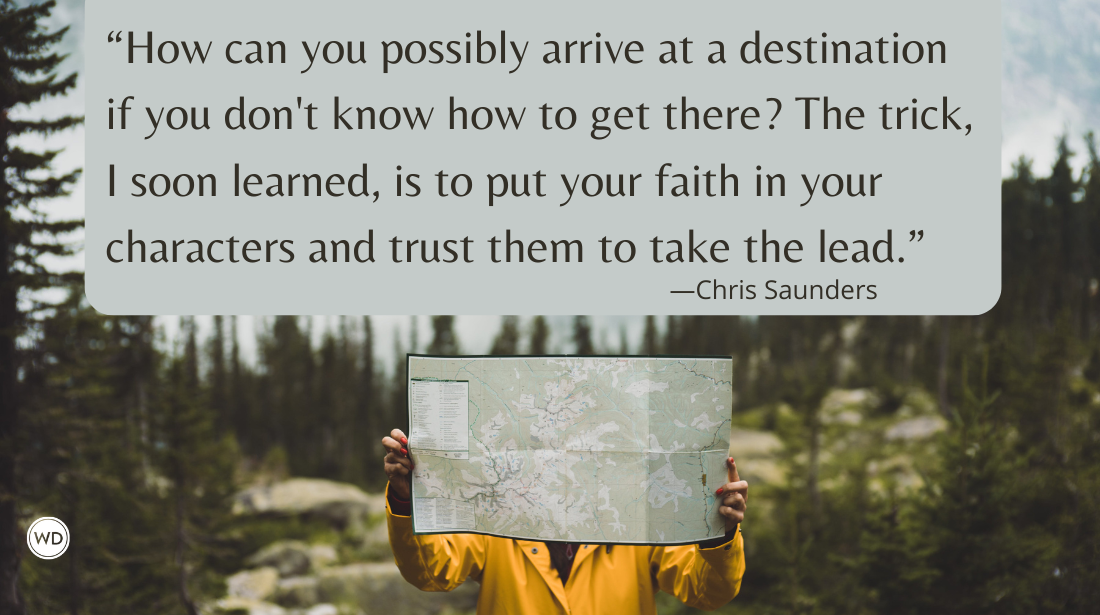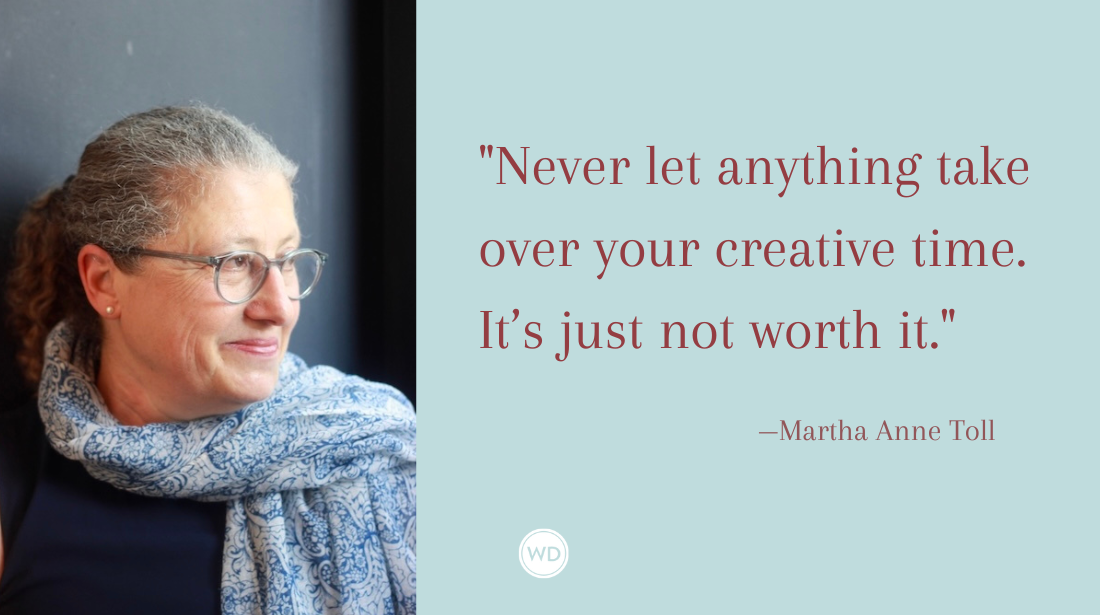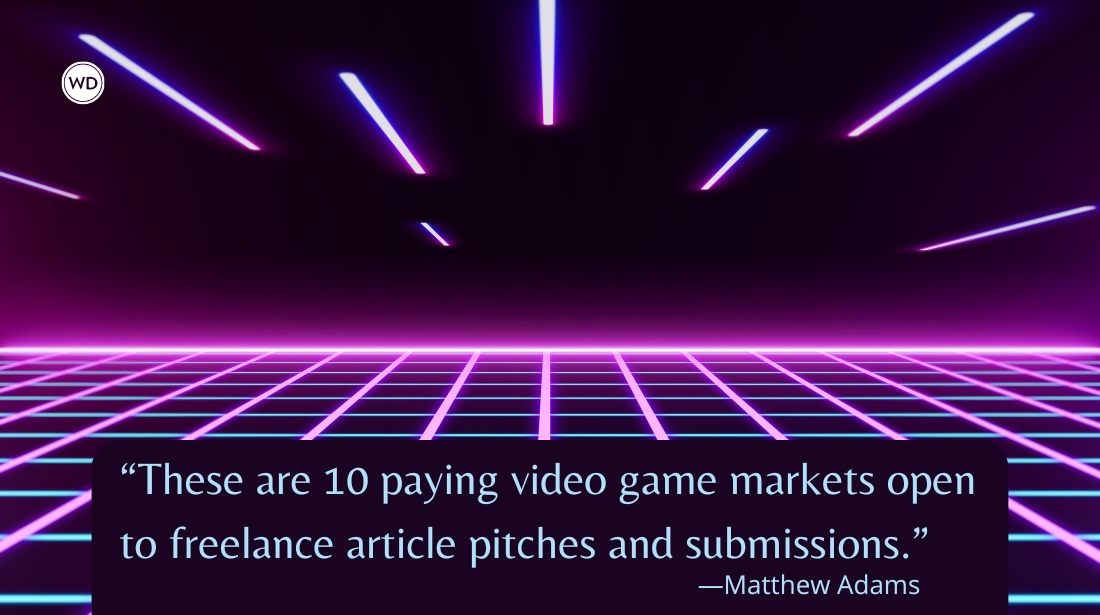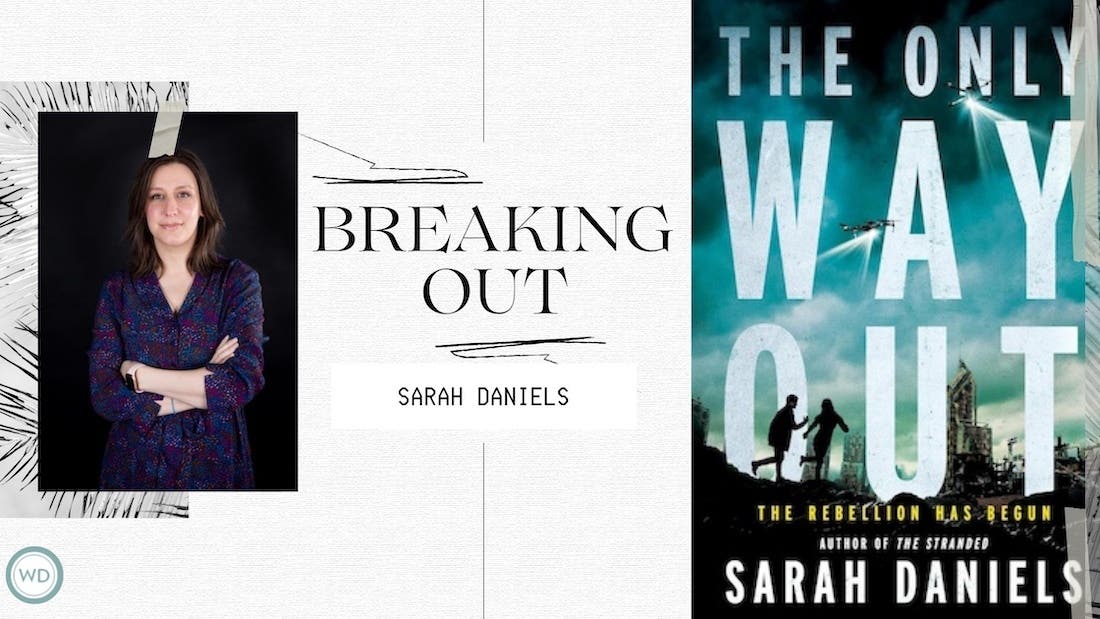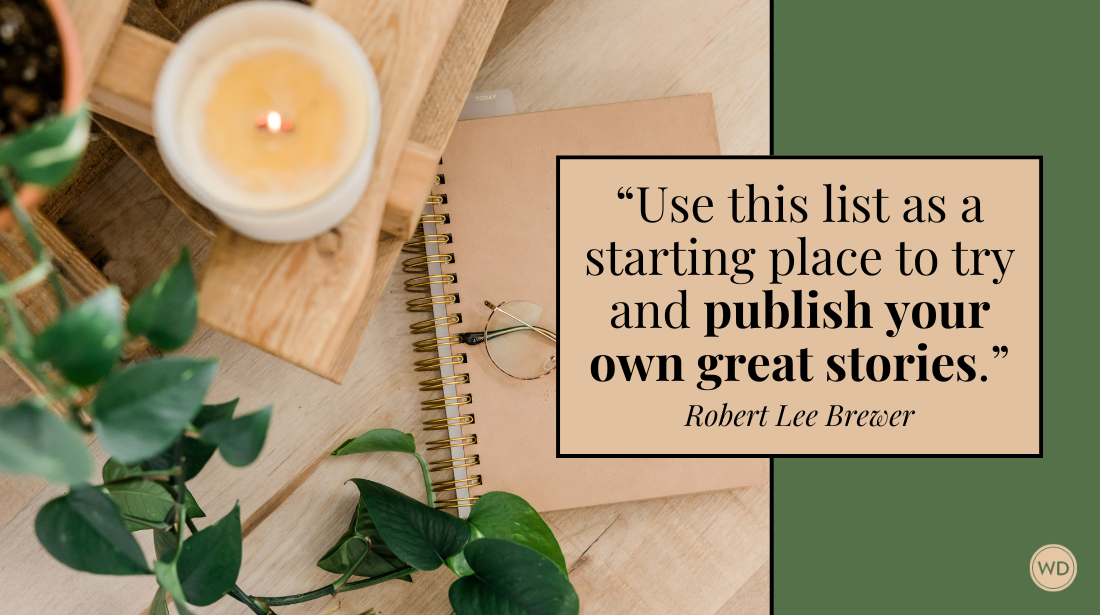Bestselling Author Turns Down $500K Deal to Self-Publish
The breaking news today is that NYT bestseller Barry Eisler turned down a $500K deal from his publisher, St. Martin’s, in order to self-publish his next book. In honor of…
The breaking news today is that NYT bestseller Barry Eisler turned down a $500K deal from his publisher, St. Martin's, in order to self-publish his next book.
In honor of the occasion, he and JA Konrath have a conversation that extends 12,000 words. You can read/download the entire thing here as a PDF. It's worth reading in its entirety.
Below I've summarized a few of the key points, along with related highlights from the conversation.
1. In the self-publishing arena, the most profitable use of an author's time is writing more books. And self-publishing helps you focus more on the writing itself.
Barry: Now, with digital books, once again there’s no more profitable use of an author’s time than writing. Not to say that authors don’t need to have a strong online presence; of course they do. But any time you’re thinking about some other promotional activity—a blog post, a trip to a convention, an hour on Facebook—you have to measure the value of that time against the value of writing and publishing a new story. The new story earns money, both for itself and your other works. …
Joe: But it’s even more than that. … A virtual shelf, like Amazon or Smashwords, carries all my titles, all the time. And I don't have to compete with a NYT bestseller who has 400 copies of their latest hit on the shelf, while I only have one copy of mine. We each take up one virtual space per title. … Virtual shelf life is forever. In a bookstore, you have anywhere form a few weeks to a few months to sell your title, and then it gets returned. This is a big waste of money, and no incentive at all for the bookseller to move the book.
But e-books are forever. Once they're live, they will sell for decades. Someday, long after I'm gone, my grandchildren will be getting my royalties.
…
Barry: A lot of people don’t realize—and I probably wouldn’t have realized myself if you hadn’t pointed it out—that the appropriate measure for determining how much your books can earn you in digital is forever.
In paper, with rare exceptions, there’s a big upfront sales push, followed by either total evaporation or by years of low backlist sales. Digital isn’t like that.
Joe: Time is the ultimate long tail. Even with a big wad of money upfront, if something sells forever, the back end is what ultimately counts.
2. You don't have to spend more time marketing and promoting if you self-publish. Anyone who says you have to be a marketing genius to succeed is wrong.
Barry: A talent for marketing is going to help you in any business endeavor, but there are too many people making money now in self-publishing for an outbreak of genius to be the explanation.
… I know some people are going to be reading this and thinking, “Okay, but how will I ever cut through all that digital clutter? How will I ever get noticed without a publisher?”
Joe: How did anyone ever get noticed with a publisher?
Barry: Exactly. Walk into a bookstore—even with today’s diminished inventory, there are tens of thousands of titles. How do you get noticed? Getting noticed and other aspects of marketing is a challenge in any business, digital, paper, or otherwise. It’s too big a topic to cover here, but for now, let’s just say that it’s hardly a unique challenge for digital books. And, as you and many others have demonstrated, it’s hardly an insurmountable challenge, either.
3. You don't need a traditional or "legacy" deal first (to help you develop an audience), before being able to succeed at self-publishing.
Barry: [People say] "Konrath only succeeded in self-publishing because he had a legacy deal first." And then I point to your various blog posts where you show how much money is being made by self-published writers who have never had legacy deals.
Barry: You demolished it. The final argument I’ve been hearing … is that, "Okay, some people are making money in self-publishing, but it’s always the same names." But that list of names keeps getting longer. The critics are going to be reduced to saying, "Okay, some people are making money in self-publishing, but it’s always the same five thousand names." The critics will be self-publishing themselves before then.
4. A publisher's key value right now is in paper-book distribution. And even that value is becoming highly questionable or even irrelevant.
Barry: On the digital side of the ledger, publishers don’t add much at all because there’s nothing to distribute. Or, to put it a little more accurately, what publishers can add on the digital side (editing, copyediting, proofreading, cover design, jacket copy, formatting) can all be done by other players at least as well.
So what an author needs to consider today is fairly straightforward: "Is what I’m giving up on the digital side by taking on this legacy partner balanced or exceeded by the partner’s paper muscle?:
The answer is going to be different with different authors. James Patterson, to use an extreme example, sells bazillions of books in every conceivable paper outlet. He’s clearly better off with a legacy partner than he would be on his own. But as bookstores close and digital readers proliferate, more and more authors will decide that what legacy publishers take from them in digital sales isn’t worth what legacy publishers earn for them in paper sales.
Mike Shatzkin, an industry insider and analyst, has offered his excellent take on "What does it all mean" over at his blog. His key points are:
- Konrath & Eisler don't do the math on the loss of print sales & merchandising, and how to address it.
- If Barnes & Noble (or a wholesaler like Ingram) were smart, they would see an opportunity to strike a deal with authors like Eisler to license the print edition for their customers.
Offer your thoughts on the situation in the comments, particularly on the following issues:
- How can traditional publishers prevent authors like Eisler from walking away? If they can't prevent it, does that mean they can't survive in the long term?
- Have we now reached the moment when a new author (with zero legacy/traditional deal or presence) can expect to earn more money over the course of their career by going the independent route?
Jane Friedman is a full-time entrepreneur (since 2014) and has 20 years of experience in the publishing industry. She is the co-founder of The Hot Sheet, the essential publishing industry newsletter for authors, and is the former publisher of Writer’s Digest. In addition to being a columnist with Publishers Weekly and a professor with The Great Courses, Jane maintains an award-winning blog for writers at JaneFriedman.com. Jane’s newest book is The Business of Being a Writer (University of Chicago Press, 2018).



